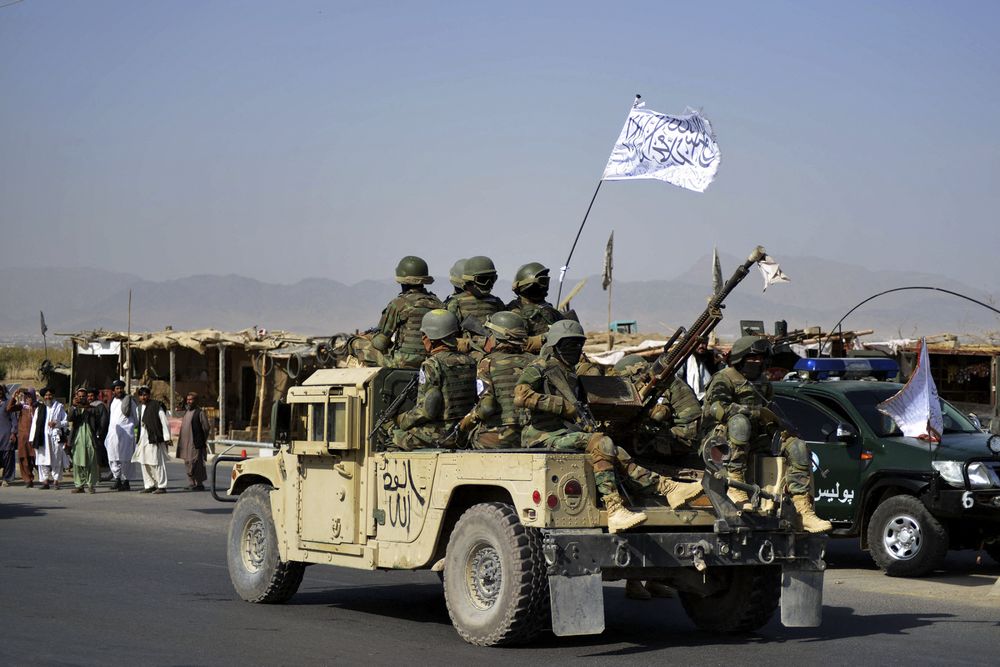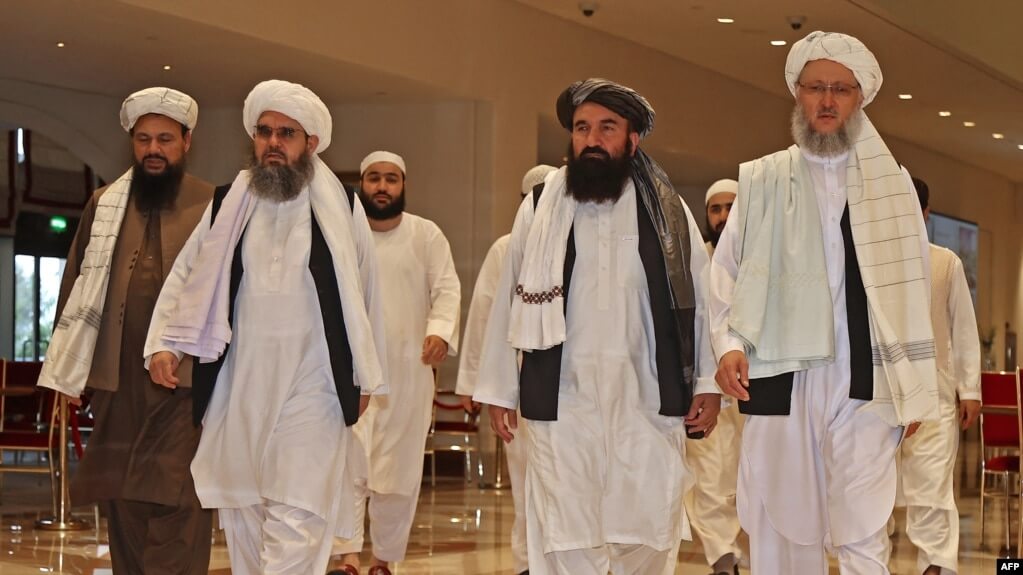A United States (US) delegation led by Special Representative for Afghanistan Thomas West met the Taliban delegation led by acting Foreign Minister Amir Khan in Doha, Qatar, on November 29 and 30 to discuss humanitarian issues and American sanctions.
The meeting comes in light of the international community’s demand for an urgent response to the ongoing humanitarian crisis in Afghanistan that is expected to worsen this winter.
Afghanistan’s Ministry of Foreign Affairs spokesperson, Abdul Qahar Balkhi, tweeted: “The two delegations exchanged views about political, economic, health, education, security and humanitarian issues including discussions about necessary facilities in banking and liquidity availability.” “The Afghan side assured them about security, urged immediate unconditional unfreezing of Afghan reserves, ending of sanctions and blacklists, and disconnecting humanitarian issues from political considerations,” Balkhi added.
The US delegation prioritised ensuring that the Taliban fulfils its commitments to the public, including: allowing safe passage for American citizens and Afghans with special status; protecting basic rights of women, girls, and minorities; and the safe release of hostage Mark Frerichs. Furthermore, the American delegation pledged to support the United Nations and humanitarian actors’ efforts to increase much-needed lifesaving supplies this winter.
In a statement, US State Department spokesperson Ned Price said, “The Department of the Treasury has issued general licenses to support the continued flow of humanitarian assistance to the people of Afghanistan and other activities that support basic human needs.”
Regarding Washington’s sanctions, Price said, “The United States remains committed to ensuring that US sanctions do not limit the ability of Afghan civilians to receive humanitarian support from the US government and international community while denying assets to sanctioned entities and individuals.”
Special Representative West acknowledged the Taliban’s follow-through on safe passage commitment and allowing access to humanitarian workers and welcomed such action.
Meanwhile, the Taliban considered the talks “positive”, hinting at further dialogue between the two sides.

Last month, the Taliban urged the US to release $9.5 billion in assets belonging to the Afghan central bank that Washington froze. The World Bank and the International Monetary Fund shut down their financial aid programmes for Kabul after the Taliban takeover, resulting in a massive humanitarian crisis in Afghanistan’s aid-dependent economy.
Washington faces intense domestic pressure to not release the funds; a district court in New York found that family members of 9/11 victims are entitled to $7 billion in damage pay in a lawsuit against the Taliban, Al Qaeda, and other organizations. Earlier there was no way to collect the money, but with the group now running the government in Afghanistan, family members now consider the group’s frozen assets to be rightfully theirs.
The United States and its Western allies are yet to recognise the Taliban as the legitimate government in Afghanistan due to a history of terrorism and human rights abuses.

